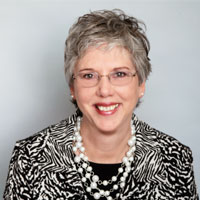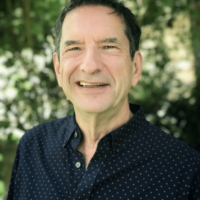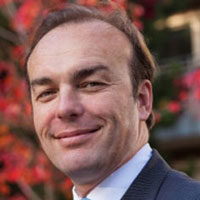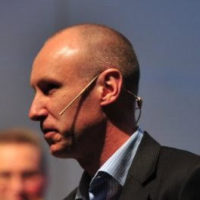I’m at Chautauqua Institution this week in Western New York State–an incredible place that has been my “home” touchstone for 40 years. Chautauqua has one of the top lecture platforms in the country during the 9-week program season and this week the theme is “The Economy: Beyond the Quick Fix.” Interesting synchronicity, since the theme was set well over a year ago, yet it could not be more appropriate for what is happening in the world right now.
The speakers have all been excellent–full of information and answers to questions. They all speak of economic growth as the measuring stick of how we are doing. I’ve learned a lot and have some better understanding of how we got to be where we are.
Yet there is one big piece missing in the conversation from every lecturer so far–and even from the questions from the audience at the end of each presentation. Not only is that missing piece critical to the conversation, it seems to me–I don’t see how any sustainable economic growth can happen unless we bring that missing piece into the center of the conversation.
The missing piece in the conversation is the earth. Experts now say that we are living at 140% of the earth’s capacity, and that percentage is rapidly increasingly. That is simply not sustainable. Yet all of the drivers of economic growth that the speakers this week are talking about will tax the earth’s non-renewable resources even more. Today’s speaker talked about new housing starts and number of cars manufactured and sold, his point being that we need to get those numbers way back up in the US, and in China they are going up exponentially. I understand that completely from a jobs and economy point of view, but jobs and profit are only part of the picture. We neglect to recognize, let alone acknowledge, that many of the resources for building those houses and cars come from the earth. If we are already overtaxing the earth, how can we think that just overtaxing more can, in the long term, serve us?
Economic and environmental issues are a huge topic and I certainly am not an expert in either. Yet it seems obvious even to me as a non-expert that we’ve got to look at the whole picture when we are talking about economic health. Our “host” for this life and economy is the earth. It’s time for our host to be included in the conversation–not just among the environmentalists, but among manufacturers, company leaders, economists, government officials, legislators, families, religious institutions–everyone! A sustainable life isn’t only about profit and economics. If we don’t have a healthy home–the earth–in the long term, the rest just won’t matter very much.





































